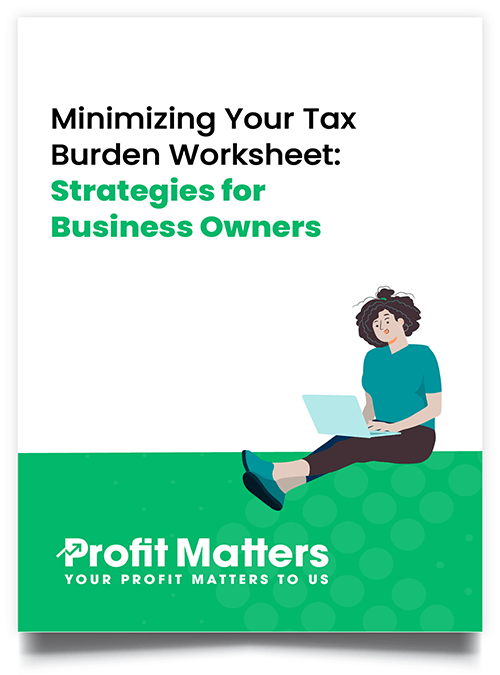We all know it’s tough out there. Many contractors and subcontractors are concerned about rising costs and with business being so good in most markets contractors are booked months if not a full year out. Because costs change daily it can give us all some heartburn when trying to determine estimating a job.
There are a few things contractors can do to protect themselves from these rising costs.
One would be to lock in their material prices as soon as possible. Traditionally that works, but in the current environment it’s tough. Supplier’s costs are changing and fluctuating daily and there is no guarantee the supplier will honor that price if you haven’t yet picked up the materials.
Recently one of Profit Matters employees was having some work done at their home and the contractor insisted the employee pay the supplier direct (not wanting to deal with the price fluctuation conversation) our employee called and got a price on Monday, called back Tuesday to schedule delivery and found the cost had gone up 5% overnight, he scheduled delivery for Friday and offering to pay when the materials arrived. Thursday afternoon they got a call confirming delivery and notifying them that the costs had gone up 2% since they placed the order. 7% increase in price in under 5 days!
As contractors we have all been there and know this it is nearly impossible to predict where prices are going.
One way to overcome the price fluctuation conversation is to include a Price Escalation Clause in your contract.
The clause should identify the specific materials the contractor feels are at risk for price fluctuation (right now that is probably all of them), and should then explain that if those costs increase, the total job price will increase accordingly.
A simple addition to your contract can really help, here is an example below (of course consult an attorney to help you craft your own).
Price Fluctuations. Your proposal has been priced using anticipated costs, however price fluctuations of materials ARE EXPECTED and can caused by, but not limited to inflation, changes in tax rates, supply chain disruptions, increased demand, tariffs, currency exchange rates, fuel surcharges, lack of access to selected materials and replacement with materials at a higher cost and these rising costs can significantly alter the anticipated costs of this project. This is particularly relevant if the project start date is months in the future. At the inception of your project adjusted costs will be provided in writing and at that time you will be given the choice to pay the increased amount or cancel your project.
Adding in a clause like the one above and having a face-to-face conversation with your customer can help avoid some of the challenges we are all facing with rising costs, and it will provide you the assurance of maintaining your margin for that project.
Most times consumers are understanding they have seen increases at the grocery store and the pump and you explaining that your industry faces the same challenges will provide some empathy from your customer and set a good foundation for the relationship. Also, if your customer gets upset about the aspect of rising materials costs and is not understanding about the reality of the market, it makes for a good time to cut and run.



